Everything you need to know about Metaverse
Ever wanted to have a play on the most immersive virtual world ever created? If so, you should read our article on what metaverse is and how it works. This technology has been in development for more than a decade, but it’s still not available to the general public.
But don’t worry. It’s not just science fiction. Our principal goal is to make the technology available to everyone who wants it, regardless of age or technical skills. We want this new experience to be as easy as possible for anyone – whether they are developers, artists, programmers, designers, or just those who like playing games and don’t mind that they may be doing so over their own computer or phone.
The term metaverse is a subgenre of science-fiction literature in which the actual physical universe is comprehensively mapped, or at least partly mapped, into virtual or virtual-world environments.
The term metaverse was coined by science fiction author Neal Stephenson in 1992 and is somewhat synonymous with the term cyberspace.
In this context, it refers to an immersive environment that contains elements of virtuality and reality.
What is Metaverse?
Metaverses are often associated with avatars (virtual 3D characters) who can interact with each other and interact with non-virtual people who may be called “hosts”. Metaverses allow users to create their own virtual worlds and share them with other people known as “viewers” via the Internet.
The metaverse is a new concept in virtual reality. It is a “world” running on the Internet, and it can be experienced by an effectively unlimited number of users with a different sense of presence, history, and continuity of data.
The Metaverse is a scalable network that can be used to experience experiences that are not feasible in the real world. Interoperability with existing technologies means that users don’t have to put up with limitations such as bandwidth or graphics cards.
Definition of Metaverse
Metaverse is a term that was coined by Mr. Stephenson in the book he co-authored with Robert Charles Wilson, Cryptonomicon. The term comes from the word “meta,” which means “between.” Metaverse is a place between two places and describes the bridge between them. Mr. Stephenson uses this term to describe a virtual world that exists within the real world, but where you don’t need to physically be in order to participate in it.
According to an article by Professor Michael Cramer at the University of Queensland, Metaverse is actually a set of virtual worlds where you can engage in activities such as sports and games, but you don’t need to be present physically to do so. Metaverse allows anyone to experience worlds created by others without any restrictions or limitations on their own creativity, such as access to 3D content and personal creativity in the creation of avatars and characters.
Read More:- What is blockchain technology ? Benefits of Blockchain technology
History of Metaverse
| History of Metaverse |
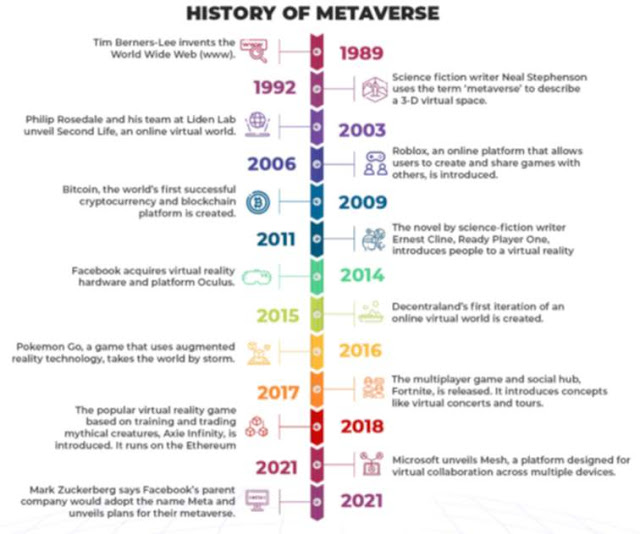
What are the Advantages of Metaverse?
1) A metaverse is a virtual world that may be experienced as existing in real-time, persistently, and which can be shared by multiple users with an effective sense of presence. Examples are Second Life and World of Warcraft.
2) The Metaverse is an idea – not an actual product, but a way of thinking about the problems we face in the world. It is a model for how we might use the Internet to make it easier (or harder) to live and work in real-time.
3) The long-term goal of this post is to elucidate what it means to be a “metaverse” and how it can help us. It’s true that we have a lot of work to do, but I think it’s also true that metaverse is going to be a very important theme for us in the next few years.
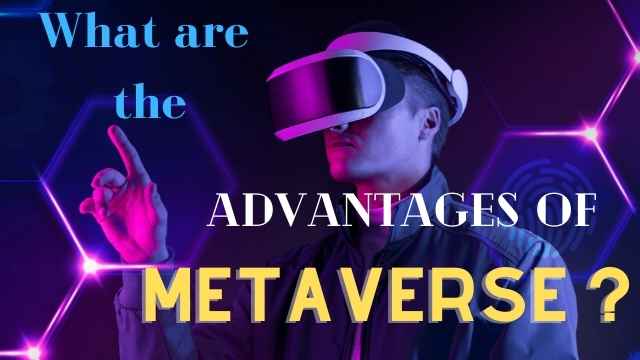
In order for this to work effectively as a system rather than simply being good marketing copy, however, there needs to be some sort of way for me to control my own experience. It can take some time before anyone builds something that enables me with any degree of comfort; even now I want things done differently than they were done before. But as soon as someone produces something that makes me feel like my decisions matter more than Apple’s suggestions (or Microsoft’s), then I will quickly become comfortable enough with everything else around me so easily that most people will start using this technology themselves.
Challenges of Metaverse
The Metaverse is a new way of experience, an immersive virtual world that gives users a sense of presence and continuity of data. It is not unlike the Internet itself — in fact, it is just like the Internet. The metaverse was first described in 1987 by Jon Kalb as an approach to building inter-connected worlds on computer networks and then later realized by many different groups, such as the Metaverse Organization (MO), in 1990. It has been explained by many experts, such as Doug Engelbart’s MUD.
There are two basic approaches to building the metaverse:
1) A single-player network (e.g., a single server) running every user’s game/app and connecting them to each other through peer-to-peer communication channels.
2) A group of servers running games or applications for a large number of users simultaneously and communicating with each other through distributed peer-to-peer communication channels.
Some major challenges of the metaverse are: –
1) Scalability: Games/apps will have to scale on multiple servers with high computational power, storage capacity and bandwidth, etc. •
2) Persistence: Each game will have to be run on every server using some kind of persistence system, e.g., “persistent objects” •
3) Interoperability: games will have to be able to work with other games or applications that are running on different servers.
The Metaverse is a network of virtual worlds (or ‘VRs’) that are accessible from the Web, or from any device with a Web browser.
The Metaverse is typically understood as the collection of VRs that:
• Have an open architecture, which means that everyone can create and share their own virtual world, regardless of technical expertise or programming skills
• Have a formal distribution model, which means that anyone can distribute their own VR and monetize it
• Have access to widely available software tools to create, publish and monetize their VR, such as Unity3D.
However, we do recognize there is debate on the subject. For example: “A network of real-time rendered 3D virtual worlds based on the Metaverse technology, where every user has an individual sense of presence and access to an effectively unlimited number of users with an individual sense of presence, and with continuity of data” is not necessarily what we see as the metaverse.
In any case, think about it like this: I feel like having a metaverse would be literally just like having a physical world around me. Imagine all those cool things you can do with it? Well, it would probably be better if you could do it right? But if you want to build something for yourself or for others that involve a lot more work than just using your senses but also really relates to your life or something close to it then I think you might actually need metaverse software too!
Future of Metaverse
The metaverse is a virtual space where people have a real-world experience in the same way that you do. It’s an extension of our everyday lives. It’s where I live right now, which is where I need to go right now, and it’s what I would love to own someday. It is an extension of our current reality, yet at the same time, it isn’t limited by it. The metaverse will be able to be accessed from anywhere in the world. The owner of that data can access any part of its existence wherever they are in the world, with or without wifi connectivity or cellular network access.

In a newspaper titled “Metaverse: A Vision For Our Future,” Dr. Esther Dyson offers her own vision for the future of the metaverse. Her vision is more traditional than Kurzweil’s, but she does speak about how she hopes that large companies like Google can become involved with this concept as well.
Dyson also speaks about how artificial intelligence will be needed to train volunteers to become part of this system; however, there may be others who choose not to play along with this system since it does not require them to participate directly in what is happening; thus the need for volunteers who want deeper involvement in this future world would be needed (this could include people who do not currently have social lives).
Conclusion
The term metaverse is a bit of a misnomer because it’s not meant to be quite as “meta” like the many other terms that are used to describe virtual reality. In fact, the term doesn’t even have a meaning in the world of the novel. It’s just another way to refer to an imaginary virtual reality space. The fictional world we create for ourselves is called the metaverse: it is a world that exists and isn’t limited by physical boundaries.
What makes it so interesting is that it is all made from our own imagination. It doesn’t exist in any physical location, and our consciousness — our mind — can go anywhere at any time, without worrying about our physical location or having to deal with physical restrictions.
The metaverse could be described as an alternate universe where there are no laws whatsoever. The only things that exist are us, and there are no boundaries between people or places. Metaverses are often referred to as a chaos theory: if your society is full of people who think they have unlimited freedom, you will eventually get to a point where they start thinking they have no choice but to obey laws against theft, murder, and other crimes.
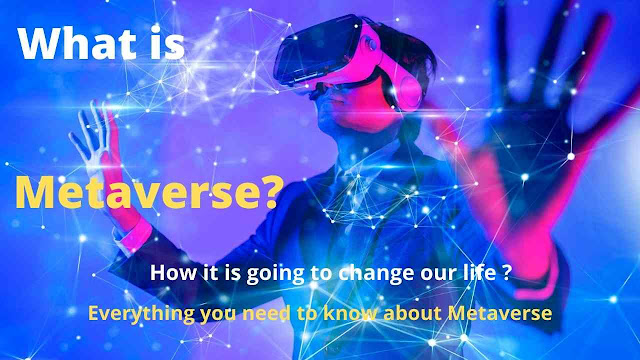
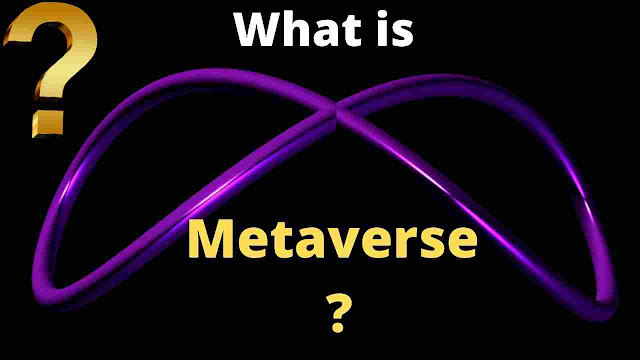
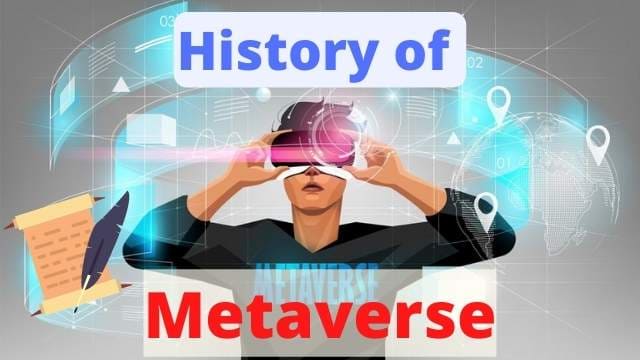
Everything is very open with a very clear explanation of the challenges. It was definitely informative. Your website is extremely helpful. Thank you for sharing!
Nice post i like it 100 %. I learn something new and challenging on sites I stumbleupon on a daily basis. Its always helpful to read through articles from other writers and use something from their web sites.
Whɑt’s up, I would like to subscribe for this blog to
take latest updates, thus wһere can i do it please help.
There will be a pop message at the top of the page please allow it will help you in getting the regular updates.